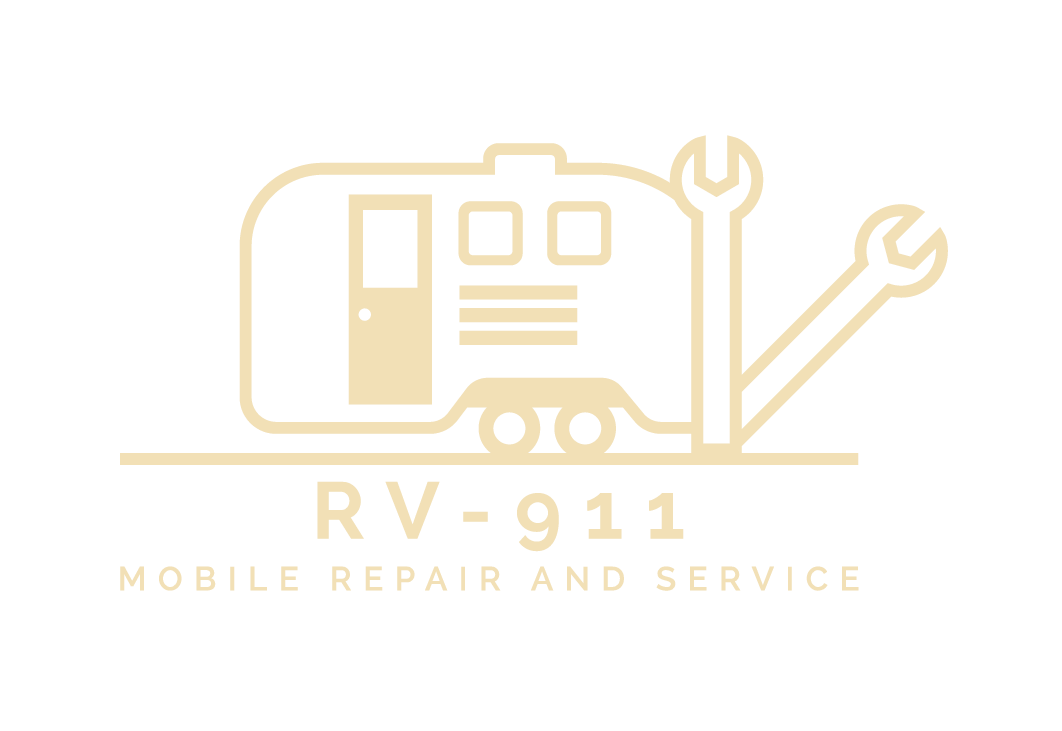Owning an RV is a dream come true for many adventure enthusiasts. However, like any other
vehicle, RVs require regular maintenance and occasional repairs. To protect your investment
and ensure peace of mind, it’s essential to consider RV repairs with a warranty. In this article,
we will explore the benefits of opting for warranty-backed repairs and provide valuable insights
into the process.
Should I buy a warranty on my RV?
First you should know the following:
- Read and understand the types of RV warranties.
- Read and understand the benefits of RV warranties and what is covered and what is not.
- The cost of the warranty vs. potential repairs.
- Which RV warranty is right for you?
- How do I make a RV warranty claim?
- Do I have to use my authorized service center for a RV warranty claim?
- Understanding RV Warranties:
RV warranties are agreements between the manufacturer or dealer and the owner, providing
coverage for specific repairs and replacements. These warranties typically vary in duration,
coverage, and terms. It’s crucial to carefully read and comprehend the warranty terms to make
the most of your coverage. - Benefits of RV Repairs with a Warranty:
a. Cost Savings: RV repairs can be expensive, especially for major components like the engine,
transmission, or electrical systems. A warranty can significantly reduce or eliminate these costs,
saving you a substantial amount of money.
b. Peace of Mind: Knowing that your RV repairs are covered by a warranty provides peace of
mind, allowing you to enjoy your travels without worrying about unexpected expenses.
c. Quality Assurance: Warranties often require repairs to be performed by authorized service
centers or technicians, ensuring that your RV is in the hands of qualified professionals who use
genuine parts. - Types of RV Warranties:
a. Manufacturer’s Warranty: This warranty is provided by the RV manufacturer and typically
covers defects in materials and workmanship for a specific period, such as one to three years.
b. Extended Warranty: Also known as a service contract, an extended warranty extends the
coverage beyond the manufacturer’s warranty period. These warranties can be purchased from
the manufacturer, dealer, or third-party providers.
c. Component-Specific Warranty: Some RV components, such as appliances or generators,
may come with their own warranties. It’s essential to understand the coverage and duration of
these warranties. - Choosing the Right Warranty:
a. Research: Before purchasing an RV, research the manufacturer’s reputation for warranty
support. Look for reviews and feedback from other RV owners to ensure you’re making an
informed decision.
b. Coverage Evaluation: Assess your RV’s specific needs and consider the components that are
most likely to require repairs. Choose a warranty that provides comprehensive coverage for
these components.
c. Terms and Conditions: Carefully review the warranty terms, including deductibles, exclusions,
and limitations. Ensure that the warranty aligns with your expectations and needs. - Research the best company – the internet is great for reviews and many RV Warranty companies.
- Making a Warranty Claim:
a. Documentation: Keep all records of maintenance and repairs, as these may be required when
making a warranty claim. Proper documentation helps expedite the claim process and ensures
that you receive the maximum benefits.
b. Authorized Service Centers: Most warranties require repairs to be performed by authorized
service centers. Contact the manufacturer or warranty provider to find a certified service center
near you.
c. Timely Reporting: Report any issues or defects covered by the warranty as soon as possible.
Delaying the reporting may result in denial of the claim.
Conclusion:
Investing in an RV repairs warranty is a wise decision for any RV owner. It provides financial
protection, peace of mind, and access to qualified professionals. By understanding the different
types of warranties, choosing the right coverage, and following the claim process diligently, you
can ensure that your RV adventures remain worry-free. So, hit the road with confidence,
knowing that your RV repairs are backed by a warranty. - Checklist Inspections – most RV warranties will required that you pay to have the RV inspected annually or the warranty may be void. Make sure you stay up to date on your RV inspections!

Do I have to use my RV warranty authorized service center?
Most Service centers are backed up and behind. In most cases, mobile RV techs
can come to you without having to move your RV and their repairs are covered by the
warranties since the approved service centers may take months (which isn’t good if you have a
roof leak or no AC!). Many service centers are even more expensive options as well as the expense and hassle of possible having your RV towed.
